Summary
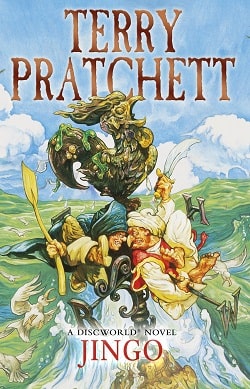
Jingo (Discworld 21)
by Terry Pratchett
'Neighbours... hah. People'd live for ages side by side, nodding at one another amicably on their way to work, and then some trivial thing would happen and someone would be having a garden fork removed from their ear.'
Throughout history, there's always been a perfectly good reason to start a war. Never more so if it is over a 'strategic' piece of old rock in the middle of nowhere. It is after all every citizen's right to bear arms to defend what they consider to be their own. Even if it isn't. And in such pressing circumstances, you really shouldn't let small details like the absence of an army or indeed the money to finance one get in the way of a righteous fight with all the attendant benefits of out-and-out nationalism...
.
Read
Jingo (Discworld 21) on http://kissnovel.net
Martial Peak Reviews
Terry Pratchett's Jingo, the 21st installment in the beloved Discworld series, is a brilliant satire that explores the absurdity of war, nationalism, and the human condition through the lens of fantasy. Set against the backdrop of a brewing conflict over a seemingly insignificant piece of land, the novel deftly intertwines humor with poignant social commentary, making it a standout entry in Pratchett's extensive oeuvre.
The story begins with the sudden appearance of the island of Leshp, a long-forgotten piece of rock that has resurfaced in the ocean, igniting a fierce dispute between the nations of Ankh-Morpork and the Klatchians. Pratchett's keen observation of human nature is evident as he illustrates how trivial matters can escalate into full-blown conflicts. The blurb aptly captures this theme, highlighting how neighbors can turn hostile over the most insignificant provocations. This notion resonates deeply in our contemporary world, where geopolitical tensions often arise from misunderstandings and historical grievances.
One of the most compelling aspects of Jingo is its character development. The novel features a rich tapestry of familiar faces, including the ever-steadfast Sam Vimes, the head of the Ankh-Morpork City Watch. Vimes is portrayed as a reluctant hero, grappling with his sense of duty and the moral implications of war. His internal conflict is palpable as he navigates the absurdities of politics and the fervor of nationalism. Pratchett masterfully crafts Vimes as a character who embodies the struggle between personal ethics and societal expectations, making him relatable to readers who have faced similar dilemmas in their own lives.
Another notable character is the ever-enthusiastic Carrot Ironfoundersson, whose unwavering optimism and belief in the goodness of people serve as a counterpoint to Vimes' cynicism. Carrot's innocence and idealism shine through, reminding readers of the potential for humanity to rise above petty squabbles. The dynamic between Vimes and Carrot is a testament to Pratchett's skill in creating multifaceted characters who reflect the complexities of human nature.
Pratchett's use of humor is another hallmark of Jingo. His wit is sharp and incisive, often revealing uncomfortable truths about society. The absurdity of war is laid bare through hilarious situations and clever dialogue, allowing readers to laugh while simultaneously reflecting on the serious implications of conflict. For instance, the portrayal of the Klatchian ambassador, who is both comical and dignified, serves to highlight the ridiculousness of the situation while also humanizing the 'enemy.' This nuanced approach to humor is what sets Pratchett apart from other satirical writers, as he manages to balance levity with gravity in a way that feels authentic and impactful.
Thematically, Jingo delves into the concept of nationalism and the often arbitrary nature of borders. Pratchett challenges the reader to consider what it means to belong to a nation and the lengths to which people will go to defend their perceived territory. The absurdity of the conflict over Leshp serves as a microcosm for larger global issues, prompting readers to question the motivations behind war and the narratives that fuel it. This exploration of nationalism is particularly relevant in today's world, where divisions often seem insurmountable and the rhetoric surrounding borders can become dangerously inflammatory.
Moreover, Pratchett's world-building is as rich as ever. The Discworld is a vibrant and chaotic place, filled with eccentric characters and fantastical elements that serve to enhance the narrative. The detailed descriptions of Ankh-Morpork and its inhabitants create a vivid backdrop for the story, immersing readers in a world that feels both familiar and fantastical. Pratchett's ability to blend the mundane with the extraordinary is a testament to his imaginative prowess, making the Discworld series a unique and enduring contribution to the fantasy genre.
In comparison to other works that tackle similar themes, such as George Orwell's 1984 or Kurt Vonnegut's Slaughterhouse-Five, Jingo stands out for its humor and accessibility. While Orwell and Vonnegut approach the subject of war with a more somber tone, Pratchett's lighthearted yet incisive style invites readers to engage with the material without feeling overwhelmed by despair. This makes Jingo not only an entertaining read but also a thought-provoking one, encouraging readers to reflect on the absurdities of their own world.
Overall, Jingo is a masterful blend of humor, character development, and social commentary. Terry Pratchett's sharp wit and keen insights into human nature make this novel a compelling exploration of the absurdities of war and nationalism. As readers follow Vimes and his companions through the chaos of conflict, they are reminded of the importance of empathy, understanding, and the often arbitrary nature of the divisions that separate us. Jingo is not just a story about a fictional world; it is a mirror reflecting the complexities of our own reality, making it a must-read for fans of fantasy and satire alike.




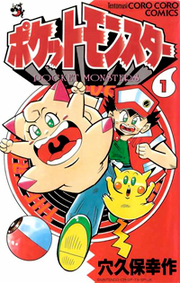
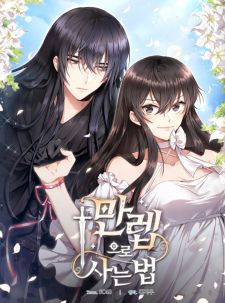
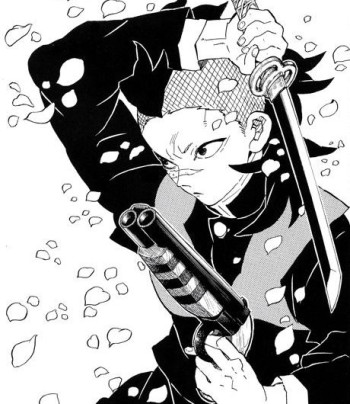

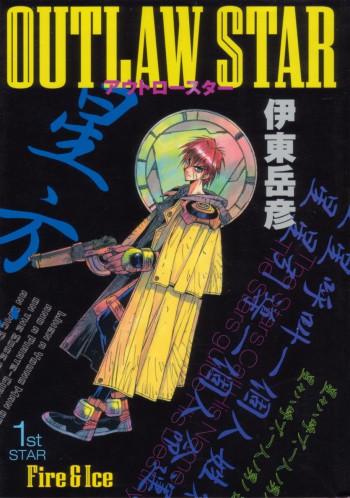
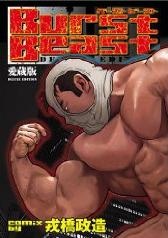
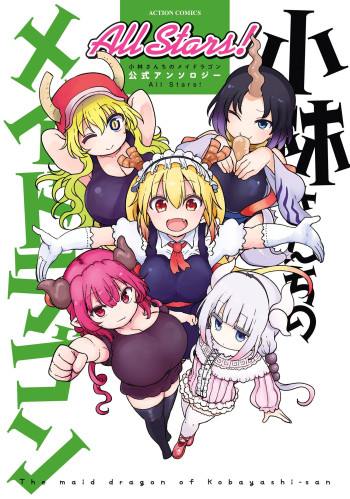
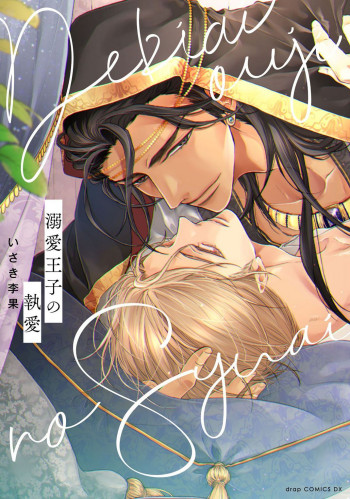

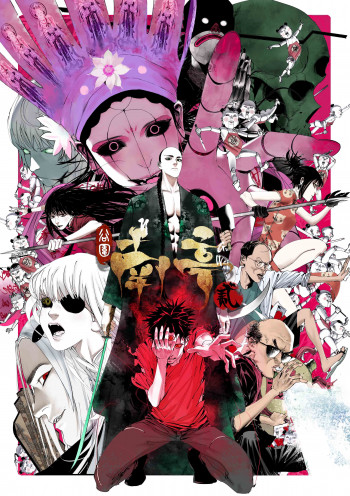










Reviews 0
Post a Reviews: